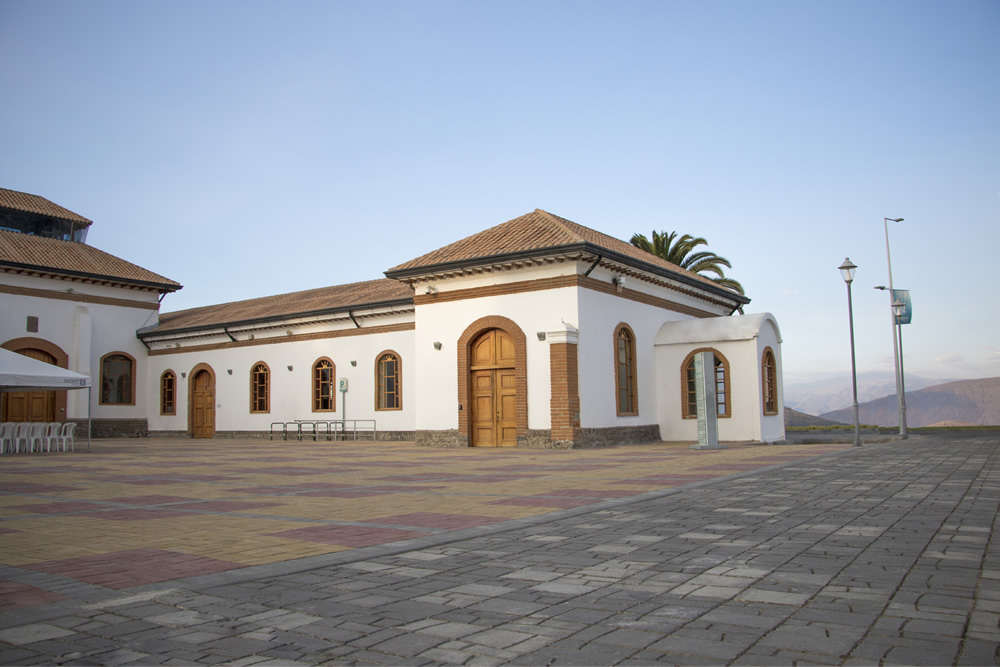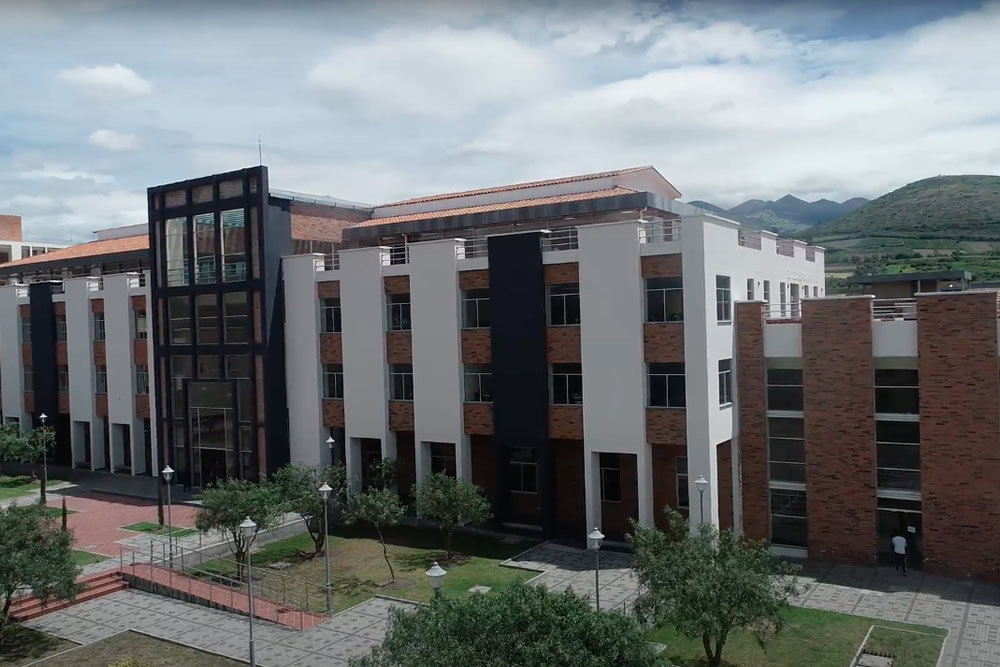Molten salts chemistry : from lab to applications / edited by Frédéric Lantelme, Henri Groult.
Tipo de material: TextoEdición: First editionDescripción: xviii, 573 pages ; 24 cmISBN:
TextoEdición: First editionDescripción: xviii, 573 pages ; 24 cmISBN: - 9780123985385 (hardback)
- 546/.34 23
- QD189 .M597 2013
| Tipo de ítem | Biblioteca actual | Signatura | Copia número | Estado | Fecha de vencimiento | Código de barras | Reserva de ítems | |
|---|---|---|---|---|---|---|---|---|
 Colección general
Colección general
|
Biblioteca Yachay Tech | 546.34 M729 2013 (Navegar estantería(Abre debajo)) | Ej. 1 | Disponible | 000944 |
Includes bibliographical references and index.
Modelling of molten salts -- Raman spectroscopy and pulsed neutron diffraction of molten salt mixtures containing rare earth trichlorides : trial approaches from fundamentals to pyrochemical reprocessing -- In situ spectroscopy in molten fluoride salts -- Thermodynamic calculations of molten salt reactor fuel systems -- Ionic transport in molten salts -- Salt bath thermal treating and nitriding -- Catalysis in molten ionic media -- The ability of molten carbonate for the gas cleaning of biomass gasification -- Inert anode development for high-temperature molten salts -- Boron-doped diamond electrode in molten chloride systems -- NF3 production from electrolysis in molten fluorides -- Corrosion in molten salts -- Plasma-induced discharge electrolysis for nanoparticles production -- Electrochemical formation of rare earth-nickel alloys -- Electrochemical synthesis of novel niobium and tantalum compounds in molten salts -- Preparation of carbonaceous materials in fused carbonates salts : applications to electrochemical storages devices -- Molten carbonates from fuel cells to new energy devices -- Synthesis and Li+ ion-exchange in molten salts of novel hollandite-type Ky(Mn1- xCox)O2zH2O nano-fiber for lithium battery electrodes -- Hybrid molten carbonate/solid oxide direct carbon fuel cells -- High temperature molten salts for solar power application -- The sodium metal halide (ZEBRA) battery : an example of inorganic molten salt electrolyte battery -- Hydrogen storage and transportation system through lithium hydride by using molten salt technology -- Nuclear energy based on thorium molten salt -- Molten salts for nuclear applications -- Lanthanides extraction processes in molten fluoride media -- Development of pyrochemical separation processes for recovery of actinides from spent nuclear fuel in molten LiCl-KCl.
"In recent years, molecular modelling has become an indispensable tool for studying the structure and dynamics of molten salts. In this chapter we first provide a short description of the state-of-the-art models and methods used for modelling molten salts at the atomic scale. In particular, we discuss the importance of polarization effects for obtaining accurate results. We then give some examples of the structure of several molten salts, as yielded by the simulations. We finish by describing how the transport properties, which encompass the diffusion coefficients, electrical conductivities, viscosities and thermal conductivities, are computed. By comparing the values given by the simulations to reference experimental data, we show that this technique can now be considered as highly predictive"--
No hay comentarios en este titulo.




